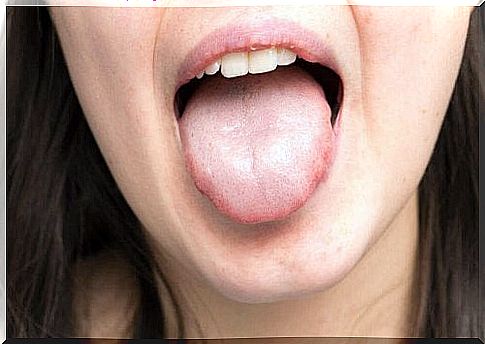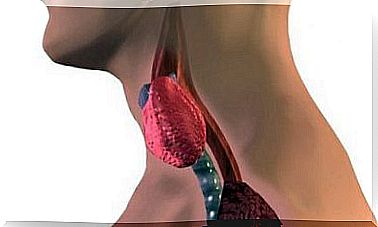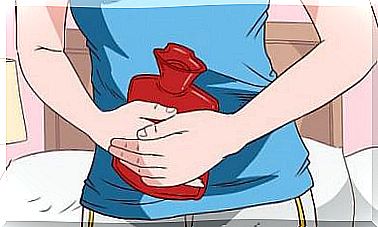Thick Saliva: Why Does It Take Place?

Saliva is essential for the oral cavity to function properly as it keeps all the tissues moist and helps to clean the mouth. If you notice that you have thick saliva, it is probably due to imbalance.
First, it is important to know that the salivary glands produce saliva. There are several morphological changes in saliva when these glands change – perhaps due to chemotherapy and radiation, among other causes. The saliva thus becomes sticky and sticky and thus also thicker.
In addition to the common disadvantages, this can also lead to problems with speech, swelling of the oral cavity and even problems with breathing. That said, how can this problem be addressed?
The causes of thick saliva
Thick saliva can be due to various conditions, such as:
- High blood pressure in the arteries
- Diabetes
- Kidney problems
- Stones in the salivary glands or other obstructions
- Cancer
- Parkinson’s disease
- HIV
- Oral infections
- Stroke
It can also be due to dry mouth or irritation due to hormonal changes, especially in women older than 40 years. As you can see, aging is a cause in itself.

What problems can it cause?
When saliva is too thick, it affects the way you sink. Then one ends up sucking instead of swallowing due to reduced lubrication in the oral cavity. Over time, this can result in aspiration.
The dry and sticky feeling in the mouth also leads to bad breath and difficulty swallowing, chewing and speaking. There is also an increase in diseases of the oral cavity and gums. In addition, the tongue also becomes dry. This not only changes the sense of taste, but it also creates cracks on the tongue. Sores in the mouth and chapped lips are also very common.
Diagnosis
There is a way to evaluate the flow of saliva called sialometry. It specifically evaluates the amount of saliva. Doctors can also perform a biopsy of the salivary glands to analyze it and find out if there are any pathological problems.
Treatment
There is no treatment for damaged salivary glands. However, there are some tips to dilute thick saliva:
- Increase the amount of water you drink to dilute your saliva.
- Make your meals more moist with sauces, soup, etc.
- Use a humidifier in the home.
- Sleep with your head raised.
- Gurgl.
- Brush your teeth frequently.
- Chew often chewing gum.
- Limit your consumption of tobacco and alcohol.
- Reduce your intake of spicy foods.
Other treatments for thick saliva
It is also important to consider other illnesses or medications that the person is taking, along with any psychological factors that may be. In some cases, a doctor may recommend saliva stimulants or saliva substitutes, such as xylitol, aloe vera, or fluoride.

Xylitol remineralizes, prevents cavities in the teeth and is also a lubricant. Aloe vera helps to heal and thus prevents wounds and cracks, both on the tongue and lips. As you can see, these substances can improve your symptoms.
Lastly, oral hygiene is essential. Make it a habit to clean your mouth thoroughly with a toothbrush and toothpaste. You may also want to use mouthwash and lubricants as they are helpful for patients with this problem.









